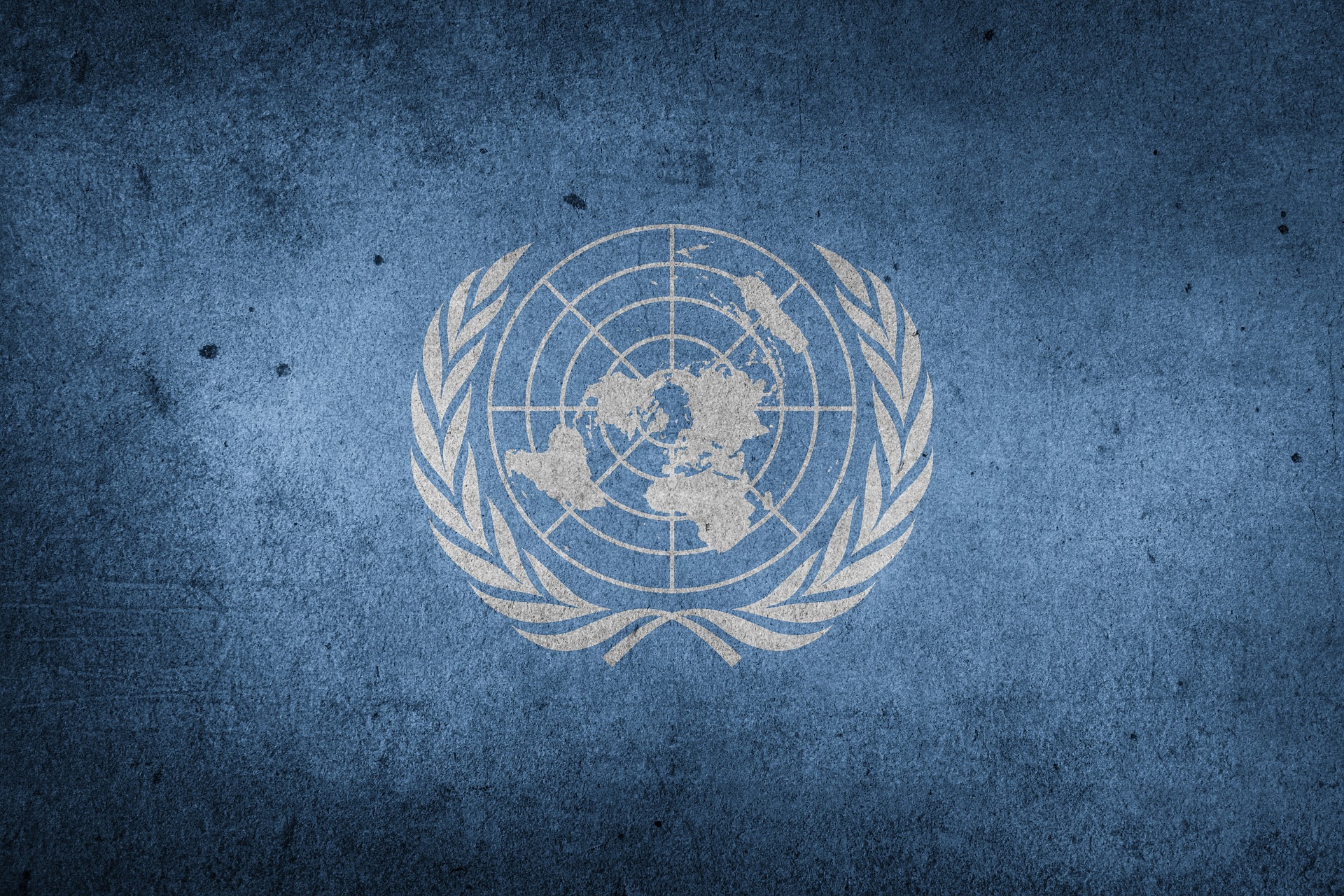By Mai-Lan Ha
2015 was a historic year for sustainable development. The world came together and adopted the Sustainable Development Goals (SDGs), a new framework that will guide development for the next 15 years. The 17 SDGs cover a range of topics from health to education to equality and environmental protection. Underpinning the achievement of these goals is the importance of water. As such, water has its own dedicated goal (Goal 6) and is also integrated into a number of other related goals, such as those on health, wellbeing, and biodiversity. Critical to achievement of SDG6 will be the important role that businesses must play and the need to ensure that the rights to water and sanitation are met. As such, a year ago, the CEO Water Mandate and Shift released Guidance for Companies on Respecting the Rights to Water and Sanitation. The Guidance is the first comprehensive document that lays out how businesses can meet their responsibilities to respect the rights by incorporating them into existing water management practices, policies, and company cultures.
Respect provides a critical cornerstone for companies’ water stewardship practices as it has far reaching implications for how companies devise their water-related policies and practices to better understand and respond to their impacts wherever they operate. It also functions as an important foundation for all subsequent action that companies might take to support the rights. Respect and support strengthen the social components of water stewardship practice and provide a framework for action on such items as ensuring that all workers have access to water and sanitation, working with communities and governments on the cumulative impacts that each entity has on water resources, or supporting programs that improve access to water and sanitation.
Since its launch, we have seen companies make greater efforts to understand and integrate respect into their company practices and culture. An increasing number of companies have made public commitments to respect the rights, others have publicly reported about how their water stewardship practices align with the rights, while others have integrated the rights to water and sanitation into their own assessments and taken action to address local water complaints raised by local community members. An ever increasing number of companies have also made a public pledge to ensure access to water and sanitation in the workplace, a critical pillar of respect. At a joint session hosted by the CEO Water Mandate, WaterAid, and the World Business Council for Sustainable Development, a chorus of companies highlighted the need to do more, particularly in their supply chains while recognizing the need to better understand and work with government to ensure improved water and sanitation access.
All of these elements point to a will and movement by the private sector to take the critical steps necessary to ensure the rights to water and sanitation are implemented via their own actions, but also in cooperation with a wide variety of actors. These efforts will be integral to meeting the lofty targets set out by the SDGs and bring out necessary changes that benefit society and the environment.
This blog was originally published on Sanitation and Water for All Partner Perspectives.


